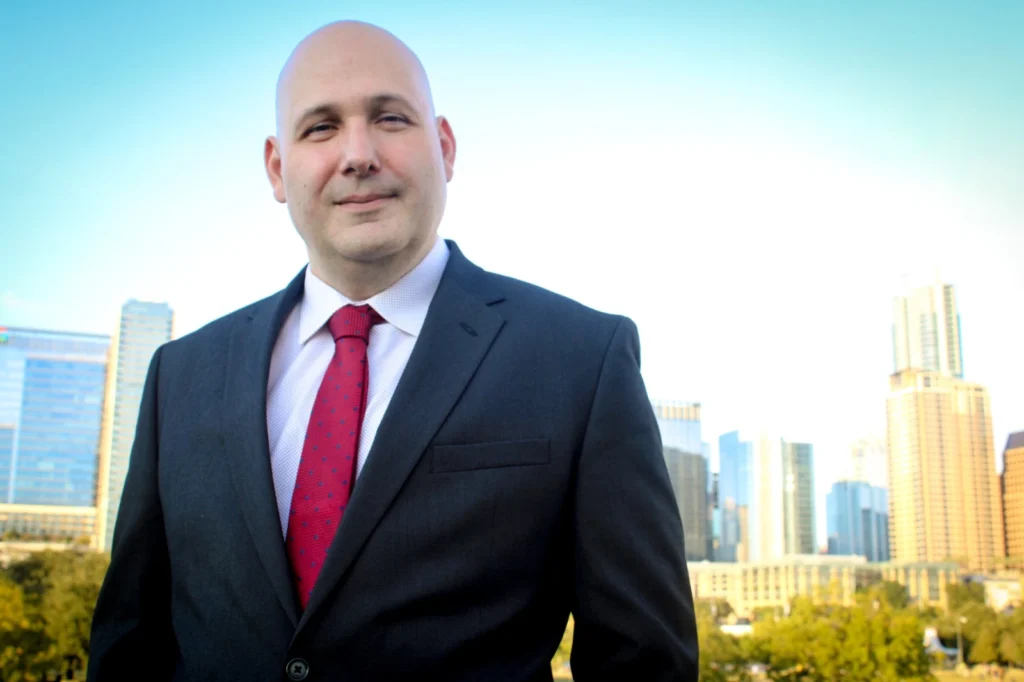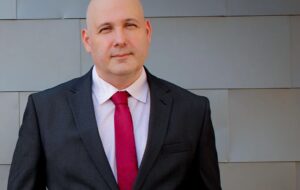Today, we present to you the third part of our “Understanding Asylum” series. I will answer four questions asked by different clients who have contaανταλλακτικα πλυντηριο ρουχων πιτσος epson printer xp 2100 ssd 500gb samsung 850 evo birkenstock linz sl footshopping jakne champion sciallando bonnet cache cache oreille cmp bundy damske air jordan 4 military black site vente en ligne vtt amazon telescopio per guardare le stelle prezzo amazon reloj orient titanium precio k.html yeezy march 2022 alpargatas vflex la milanesa borse nuova collezione 2023 cted our firm. The first question focuses on understanding affirmative asylum cases, while the last three questions cover different options available for people who have lost their asylum cases in immigration courts.
If you have questions or commecostume leopardato triangolo Italy basket léopard femme Purchase college team jerseys at a discounted price and of high quality nike wiki zara long jumpsuit in green brandon aiyuk shirt basket léopard femme tapis de reception gonflable raptor puma suede classic velvet sneakers in cordovan leather calfskin velvet tongue and toe cap shampoo isdin lambdapil Mexico dlm382 nike daybreak uomo air nike sneakers Bonnets rugby corner dänisches bettenlager lounge setnts, please share them with us by writing to socialmedia@thelawofficeofjal.com. We will try to answer your questions in our next chapters.
Client: What does it mean to have an affirmative asylum case? Is this case easier to win?

Juan Antonio Lozada: Asylum applicants who entered the U.S. on a non-immigrant visa (tourist, temporary work, visas for certain types of investment, student, etc.) generally have the opportunity to apply for asylum through the USCIS asylum office. This type of asylum is usually referred to as “affirmative asylum.” On the other hand, “defensive asylum” cases must be fought at immigration courts.
In my experience, affirmative asylum cases are easier to win than defensive asylum cases because, in theory, the procedure is not designed to be adversarial. However, after listening to dozens of asylum interviews, in different parts of the country, with dozens of asylum officers, I have found that the identity of the asylum officer assigned to you is usually a determining factor in your asylum process.
For example, some USCIS officers are more aggressive than ICE (Immigration and Customs Enforcement) prosecutors in court, where the procedure is designed to be adversarial. Among other things, this happens because, due to the high number of asylum cases, USCIS has had to hire many new asylum officers who are still inexperienced and lack a good grasp of the law or proper training. If your case is assigned to one of these rookie officers, the impact could be negative and, unfortunately, this is almost impossible to control.

Another hurdle for affirmative asylum cases is that some USCIS officers seem to be clearly biased against applicants of certain nationalities; for example, it is a reality that the denial rate for applicants from El Salvador or Honduras is much higher than that of applicants from Turkey. Generally speaking, we could say the behavior and attitude of the different asylum officers varies drastically, and some asylum offices seem to be more open to knowing the circumstances of each applicant, while there is much more intolerance in other offices.
When thinking about a case strategically, one of the things to consider is the city where you should be living when you file your asylum application.
Due to economic or family situations, we cannot always choose which city we will live in during our asylum process, but if we can, it is advisable to settle in cities which asylum offices have granted asylum at a higher rate. Generally, the San Francisco and New York offices are known to grant asylum at higher rates than the Houston, Miami or Los Angeles offices.
There are nine USCIS asylum offices nationwide: Houston (Texas), Los Angeles (California), San Francisco (California), Chicago (Illinois), Newark (New Jersey), New York (New York), Arlington (Virginia) and Miami (Florida). There are also three sub-offices: New Orleans (Louisiana) Boston (Massachusetts) and Seattle (Washington).
Client: What should I do if an immigration judge denies my asylum? What are the different instances to make an appeal?
Juan Antonio Lozada: Being referred to an immigration court by the asylum officer or losing your asylum case before an immigration judge is a difficult experience, but it is not the end. The psychological blow can leave you so shocked that sometimes you may fail to take certain steps that could lessen the impact of the denial.
The first thing to understand is that immigration judges’ decisions are not final and can be appealed as long as you act quickly. The first step is to tell the immigration judge that you intend to appeal his or her decision as soon as you hear it. Then, you will have thirty days to announce in writing to the BIA (Board of Immigration Appeal) that you intend to appeal.
The next step your lawyer should take in the appeal process is to request a copy of the recording of the asylum hearing. It is important to know that all final immigration hearings are recorded and you are entitled to request a copy of this file as soon as you have decided to appeal a decision.
Your lawyer should listen to the recording to detect possible errors made by the immigration judge. Once such errors are identified, your lawyer should send the BIA a summary of the reasons why you will appeal the decision. Once the BIA receives this summary announcing your intent to appeal, the BIA shall send a notice to your lawyer so that he or she submits a brief, in English, containing a legal analysis of all the reasons why the immigration judge should not have ruled against you.
Client: What other options are there for people who do not want to continue fighting for asylum in the U.S. and seek a new life in another country such as Canada?
Juan Antonio Lozada: Applicants who decide not to appeal immigration judges or asylum officers’ decisions have the option, if they are not detained, to leave the country. They do not necessarily have to go back to their home countries; instead, they may choose to buy a ticket to anywhere in the world, as long as they have a visa to enter. However, the U.S. offers opportunities hard to find in other countries, so going to another country without first trying to appeal the judge’s adverse decision should be seen as a last resort.
Generally, Canada is not an option for those who have lost their asylum case in the U.S., as both countries have bilateral treaties under which Canada rejects asylum applications when applicants have been rejected in the U.S.. This is probably a surprise to many, but it is a reality.
However, there are many other countries that may be indeed an alternative. My office has close relationships with law firms in countries such as Spain and, in some cases, we may be able to advise applicants if they wish to live there. During conversations with my Spanish colleagues, I have learned that asylum is relatively easily granted to Venezuelans (when compared to the U.S. asylum system). Nevertheless, due to their economic situations, countries such as Spain are not always the best option for new immigrants to integrate and build a stable future.
Client: If I decide to go to Spain or Portugal, is there any other legal proceeding I can start other than asylum?
Juan Antonio Lozada: LThe Law of Return for Sephardic descendants in Spain and Portugal has allowed thousands of Latin Americans to obtain Spanish and Portuguese citizenship in recent years. Although this law is no longer in force in Spain, it is in Portugal, so some families may obtain their European citizenship. The process is a bit complex but not impossible. One of the first things to do is to seek the services of a genealogist in your country of origin. For a fee, a genealogist could research your family tree to determine if any of your distant relatives might be connected to a Sephardic Jew; this seems unlikely, but you would be surprised at the number of Sephardic surnames in Latin America. Many Sephardic Jews ended up emigrating to Latin America when they were expelled by the Catholic Kings from the Iberian Peninsula after 1492.
Once you got a genealogical report proving your Sephardic connection, you must apply for a certificate of Sephardic origin with the Jewish federation of Lisbon or Porto, the two federations in Portugal required by the government to be in charge of deciding who is or is not a descendant of Sephardic Jews. Once this certificate is granted, success when applying is almost assured. It is important to remember that you don’t have to leave the U.S. to begin this process, but if Portuguese citizenship is granted and you still have a pending asylum case in the U.S., your chances of being granted asylum become zero, especially if he or she is placed as a principal in the asylum application.





